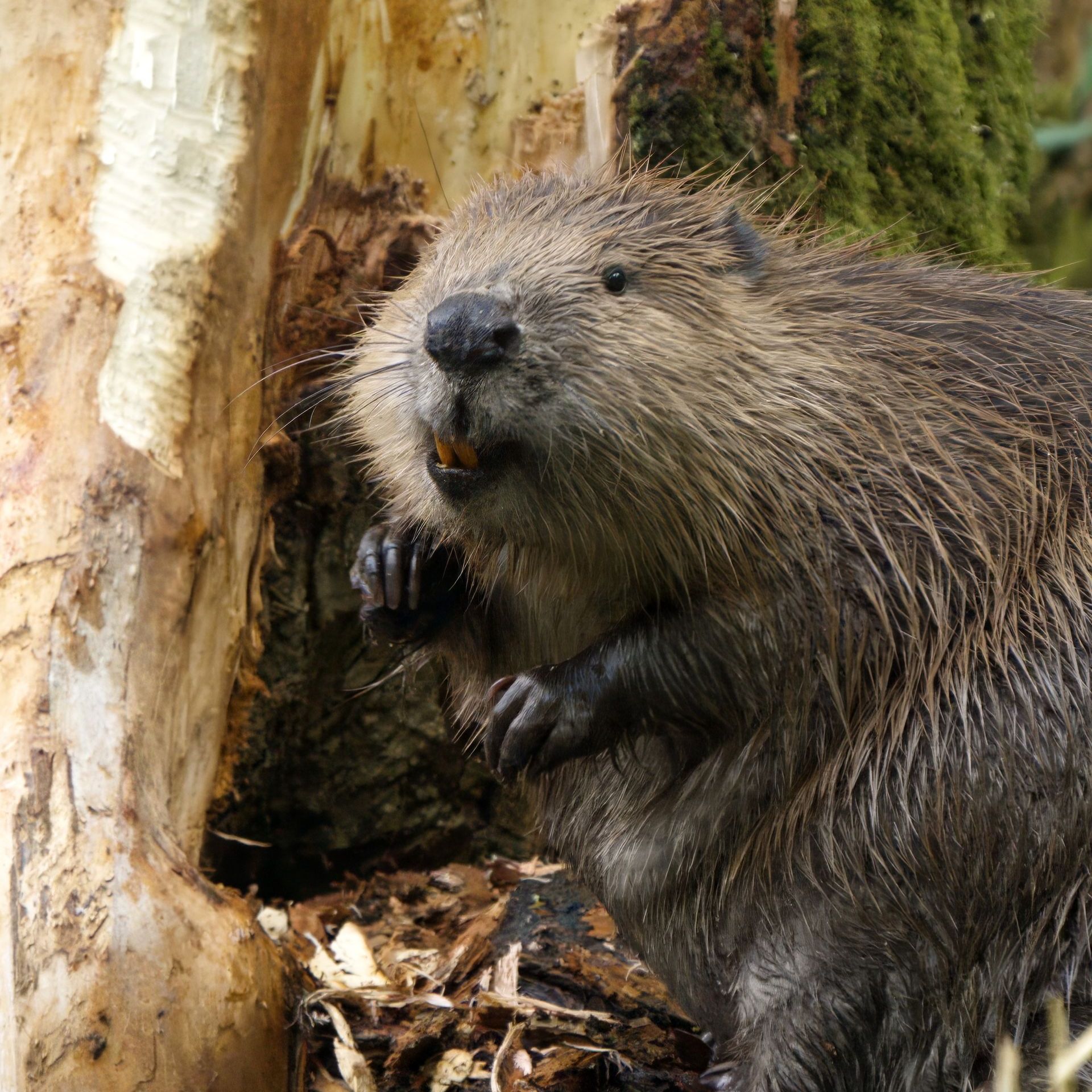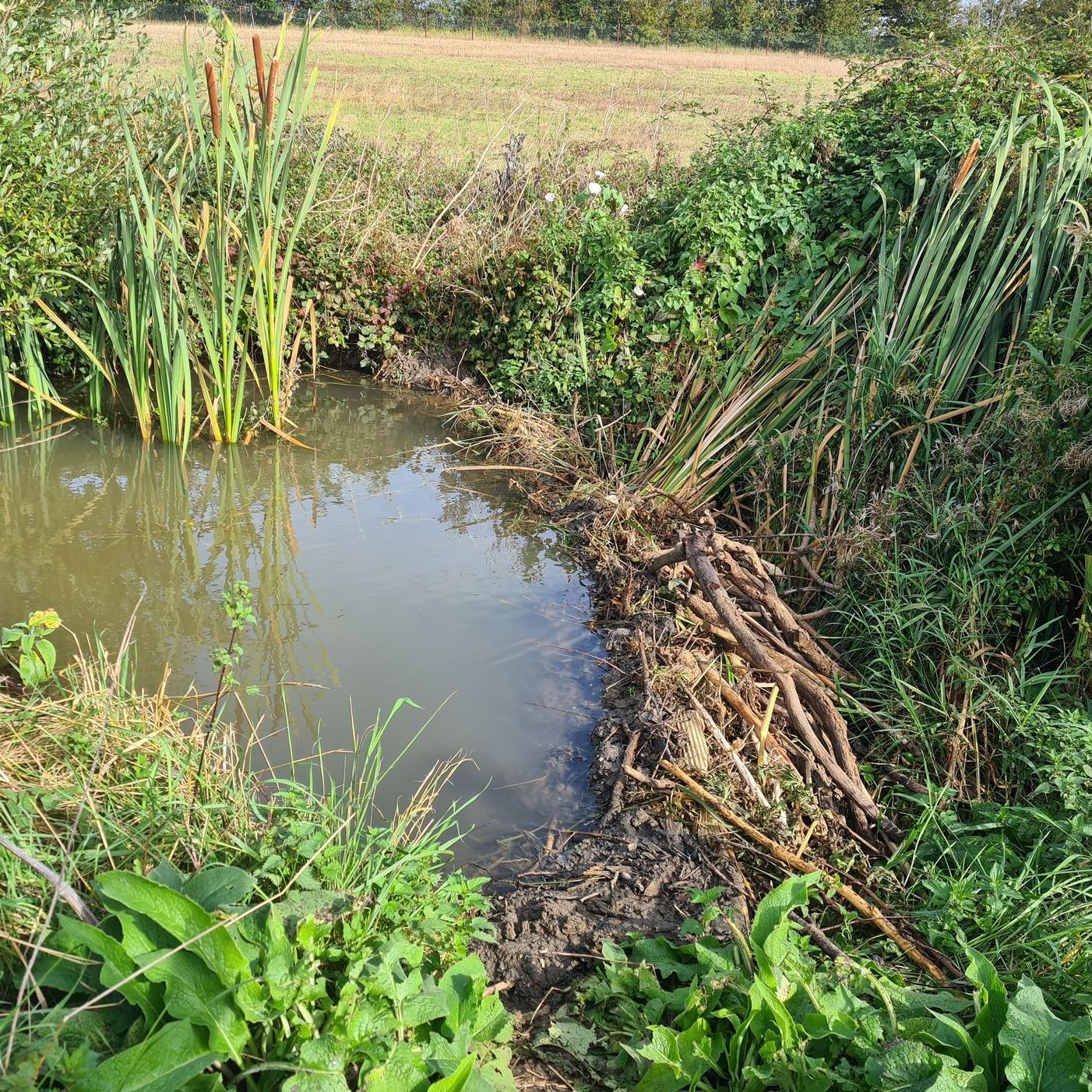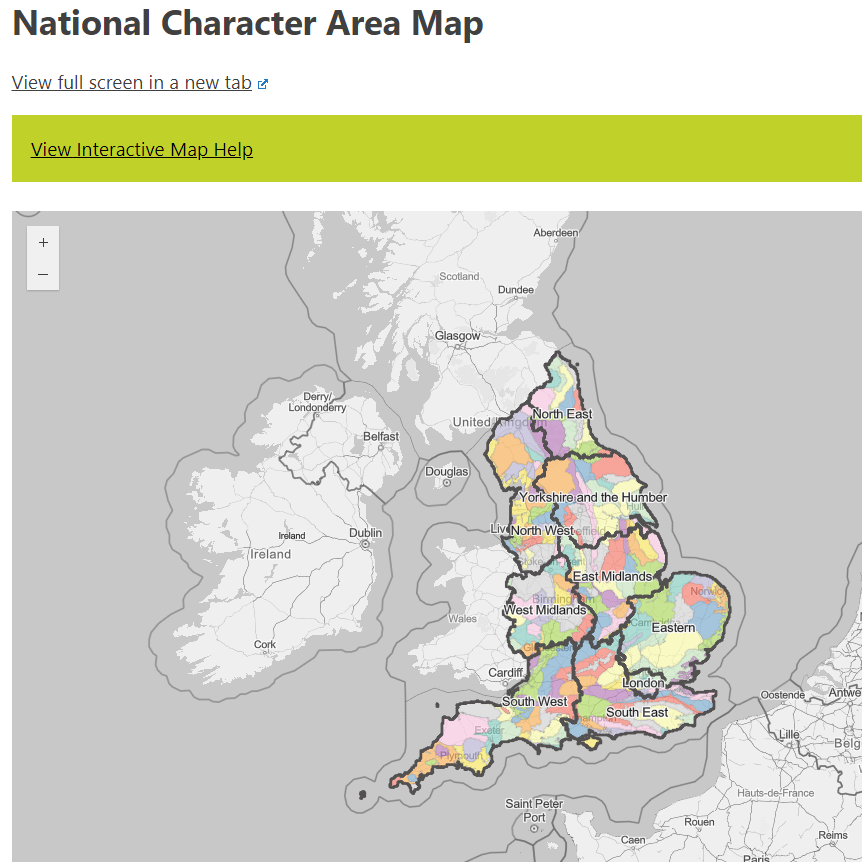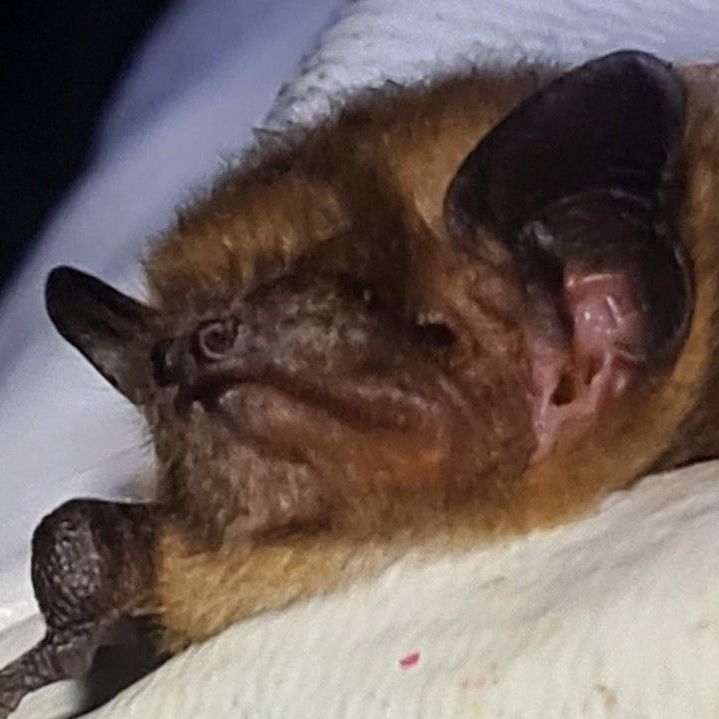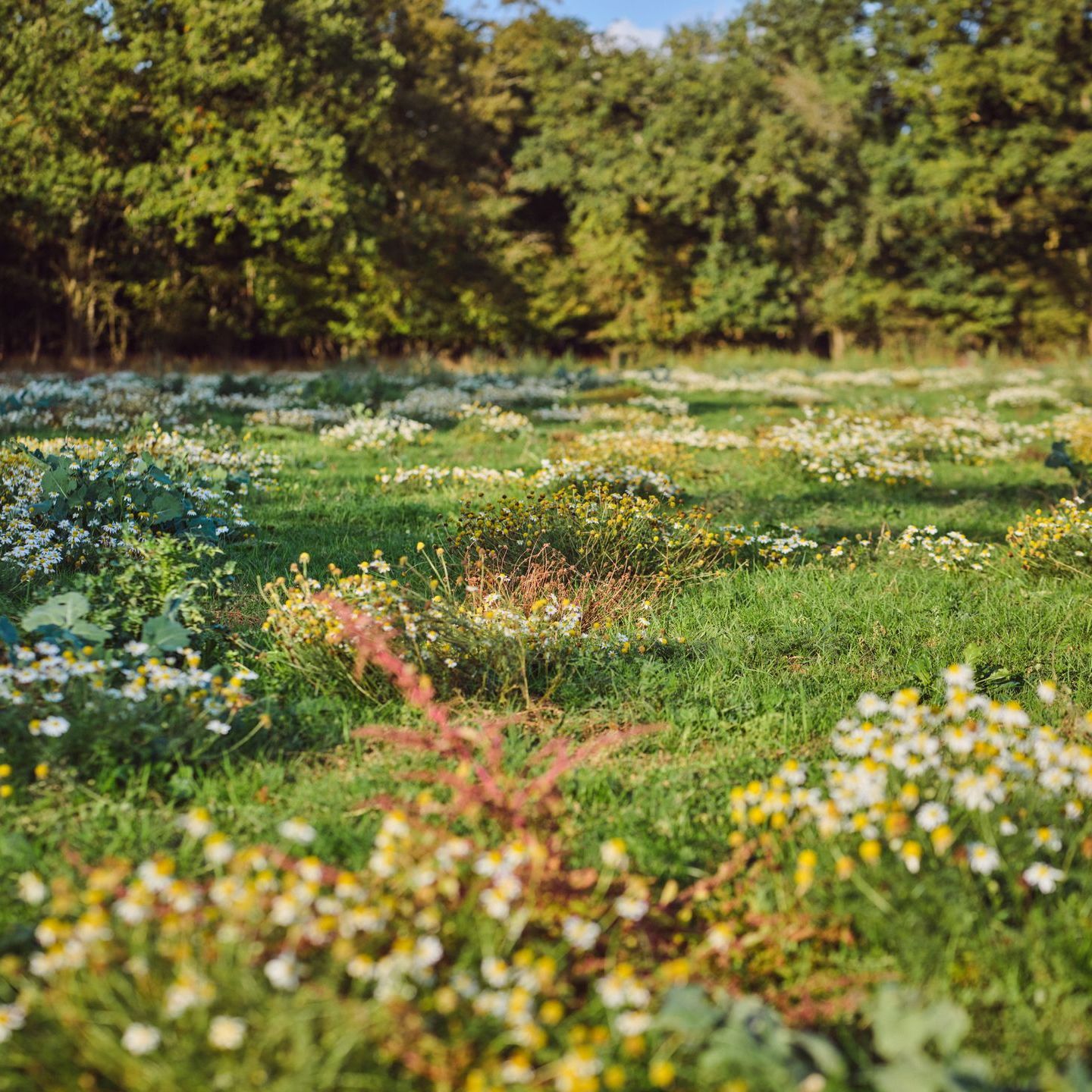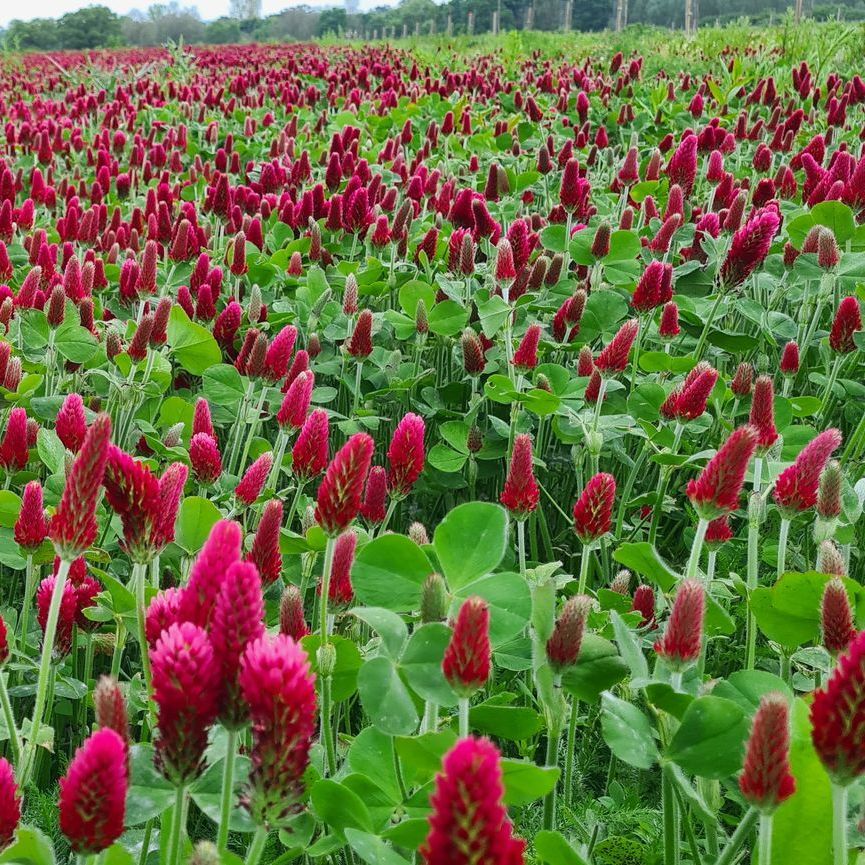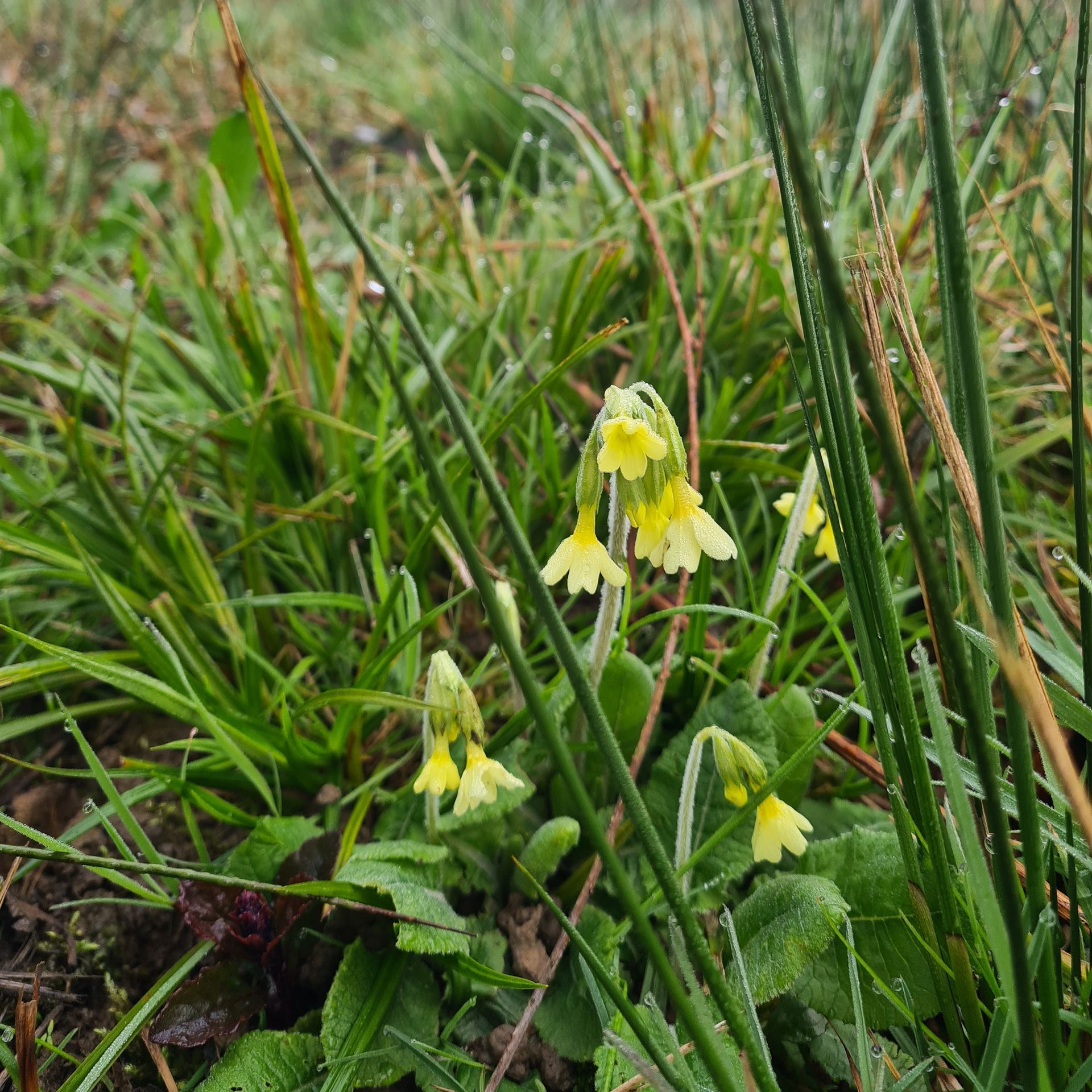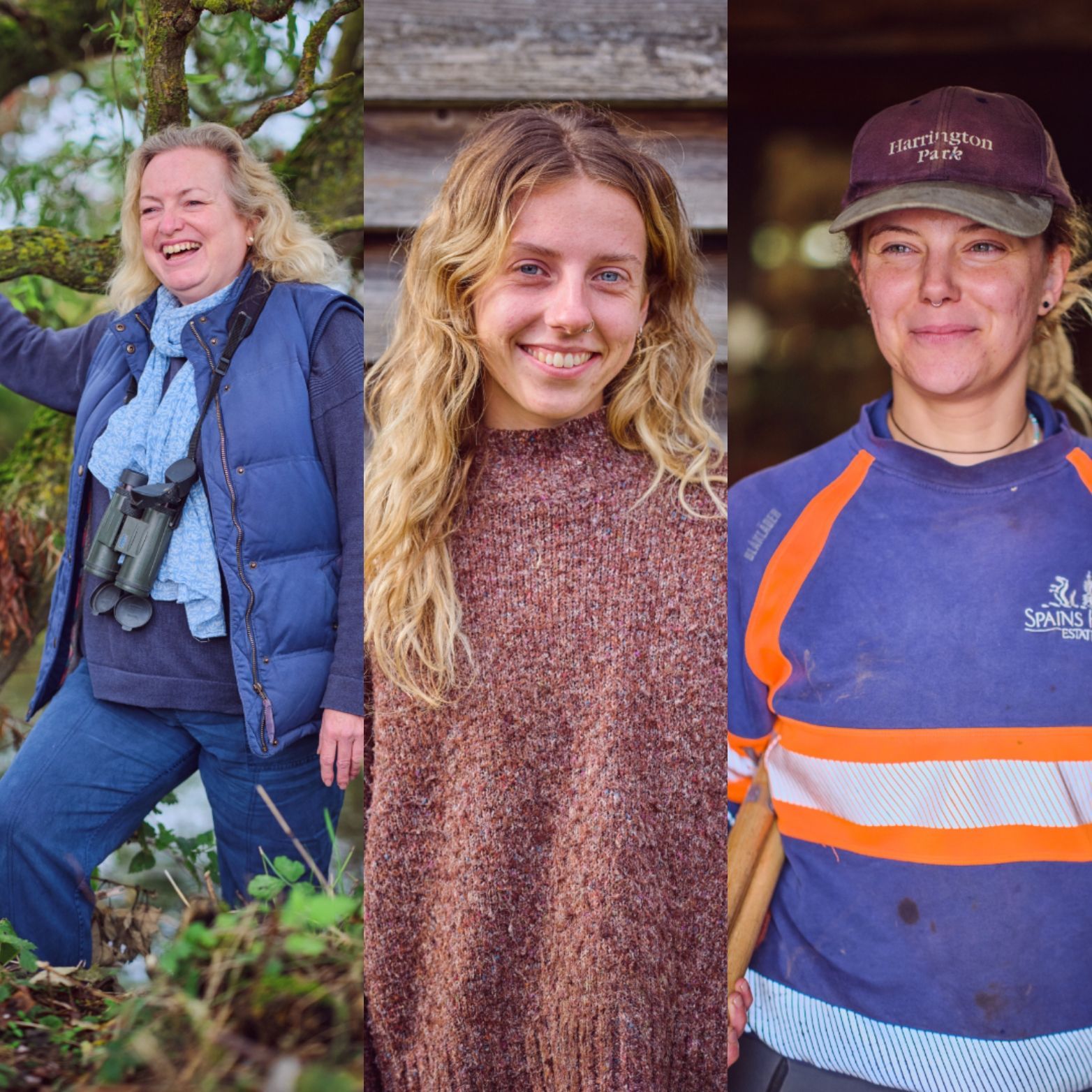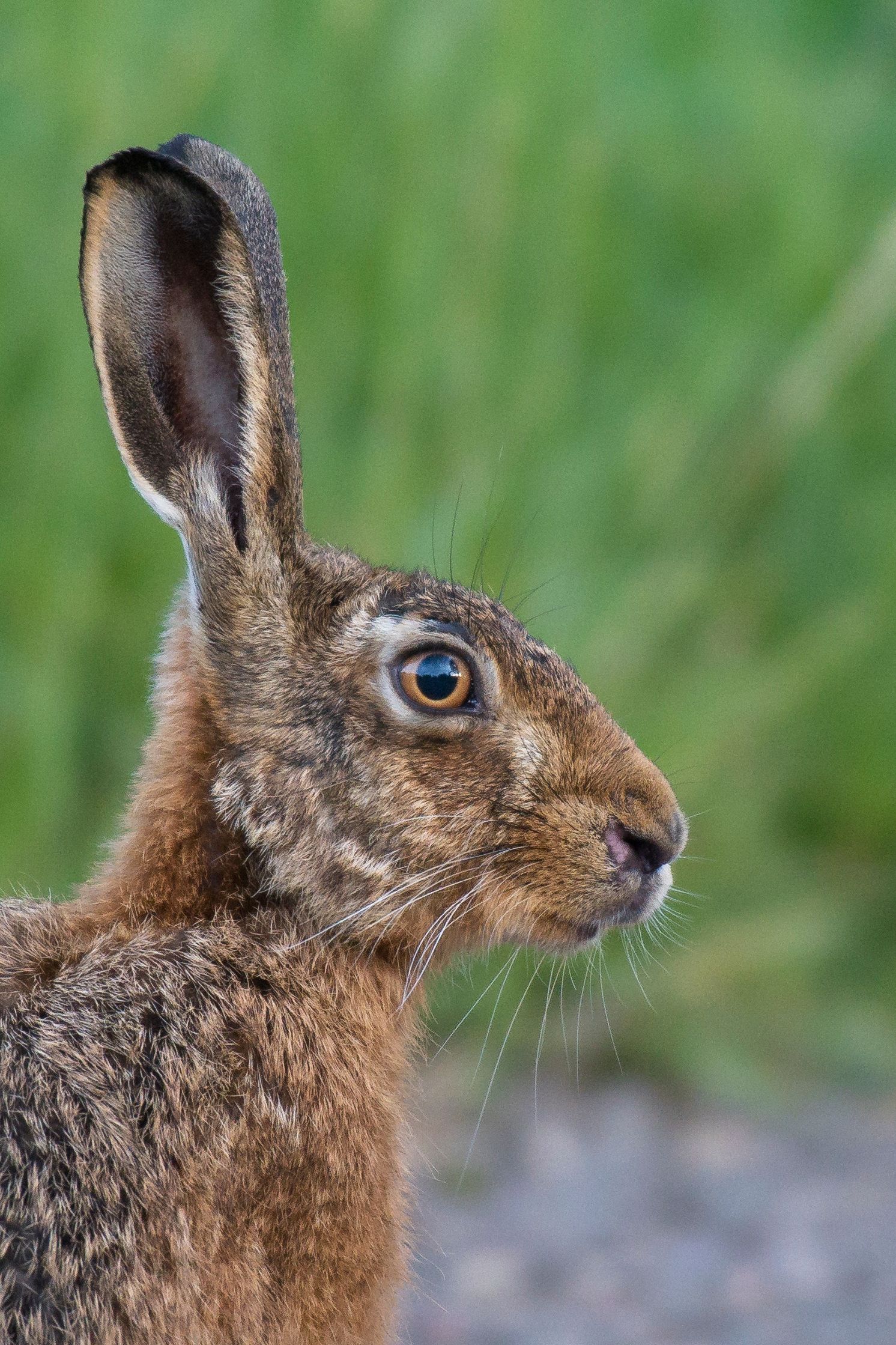Tennis, Trees and Turtle doves
By Sarah Brockless (Head of Conservation) 19th May 2025
A few weeks ago, I played in my first ever league tennis match at sunny Frinton-on -Sea Lawn Tennis Club; a classic English scene with grass courts and a thatched clubhouse within which the team were treated to a lovely selection of home-made cakes following our match! I lost my match for several reasons: nerves, lack of ability and being constantly distracted by the sound of a Corn Bunting calling in the adjacent hedgerow! It’s not a bird I hear every day, but love to hear, having spent many years working with Essex coast farmers to build up the population.
The Essex coast has another first for me – more decades ago than I care to mention, I heard my first Turtle dove purring in an old apple tree on the Kirby le Soken marshes. Like grass court tennis and cream teas, the familiar purr has always been part of an English summer. It is a sound that has rapidly disappeared in recent years, with a dramatic 99% decline in the population between 1967 and 2020. However, since the establishment of a temporary hunting ban agreement across France, Spain and Portugal, there has been a 40% increase from 2021 to 2024 in Western European breeding numbers as a whole, which is incredibly encouraging.
Our local farmer-friendly RSPB adviser, Mark Nowers, is part of the Operation Turtle Dove partnership, supplying seed and advice to landowners. Whilst the skies are not yet dark with hundreds of incoming Turtle Dove, he has promised me that they will arrive! The U.K. is on the edge of their breeding range and so population recovery will probably reach our shores later than mainland western Europe. This does give the Estate time to establish the habitats needed for these rather beautiful migratory doves to re-colonise.
Due in part to past subsidy systems, there has been a lack of mature scrub within the farmed landscape, either as pockets, along woodland edges or as uncut tall, wide hedgerows. However recent funding opportunities in the form of the revised
Countryside Stewardship Scheme and
Biodiversity Net Gain now make the creation of scrub and successional areas possible. These habitats take a few years to develop, but once present will be seasonally perfect for nesting Turtle Dove, along with other wildlife. The Estate have created the underlying grass habitat into which scrub species can now naturally colonise from adjacent mature hedgerows or woodlands, or alternatively be planted.
Last winter, the Estate team, consisting of Jamie, Daisy, Sian and Zak, also planted two woodlands, a whopping 8600 trees and shrubs, utilising the Forestry Commission's English Woodland Creation Offer.
The woodlands consist of twenty planted native species appropriate to the geographical area, soil type and existing adjacent habitat. The design creates plenty of edge habitat for future Turtle dove nesting, either through natural regeneration, growing out from the existing adjacent ancient woodland, or with the establishment of shrub species within the mix and along wide rides.
Turtle doves feed in the open on seeds. Whether these are natural weed seeds or part of a sown mix, the key objective is a supply of seeds when they arrive in the U.K after their 3000 mile journey, and then throughout the summer months whilst they breed.
Jamie Dixon, our Estate Team Leader, cultivated our fallow alleys this spring to generate a plentiful supply of weed seeds across the open fields. The photos below demonstrate just how quickly the plots become weedy following cultivation.
Interestingly, the agroforestry areas set aside as machinery tracks, turning areas and temporary storage are also stuffed full of weed seeds.
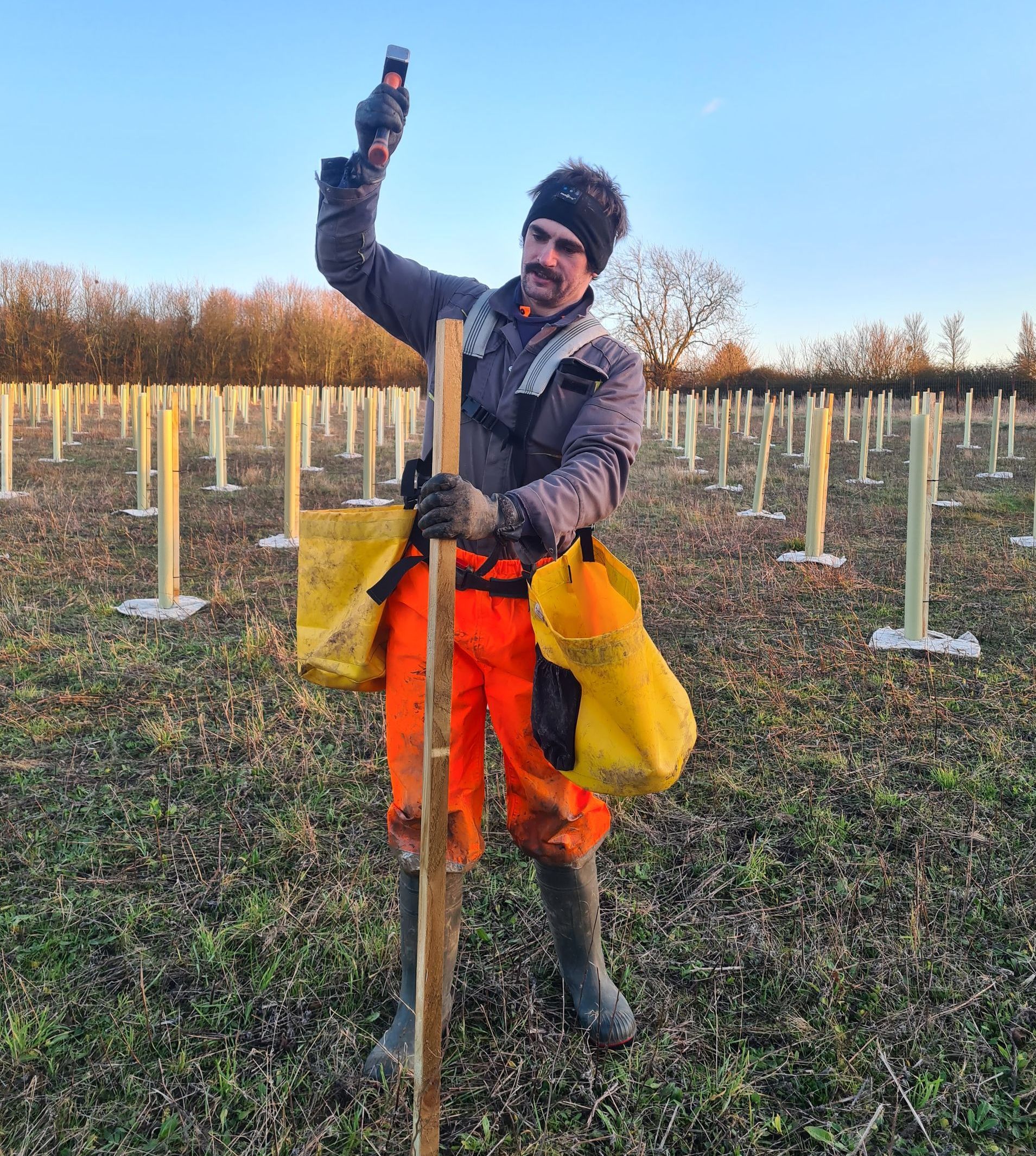
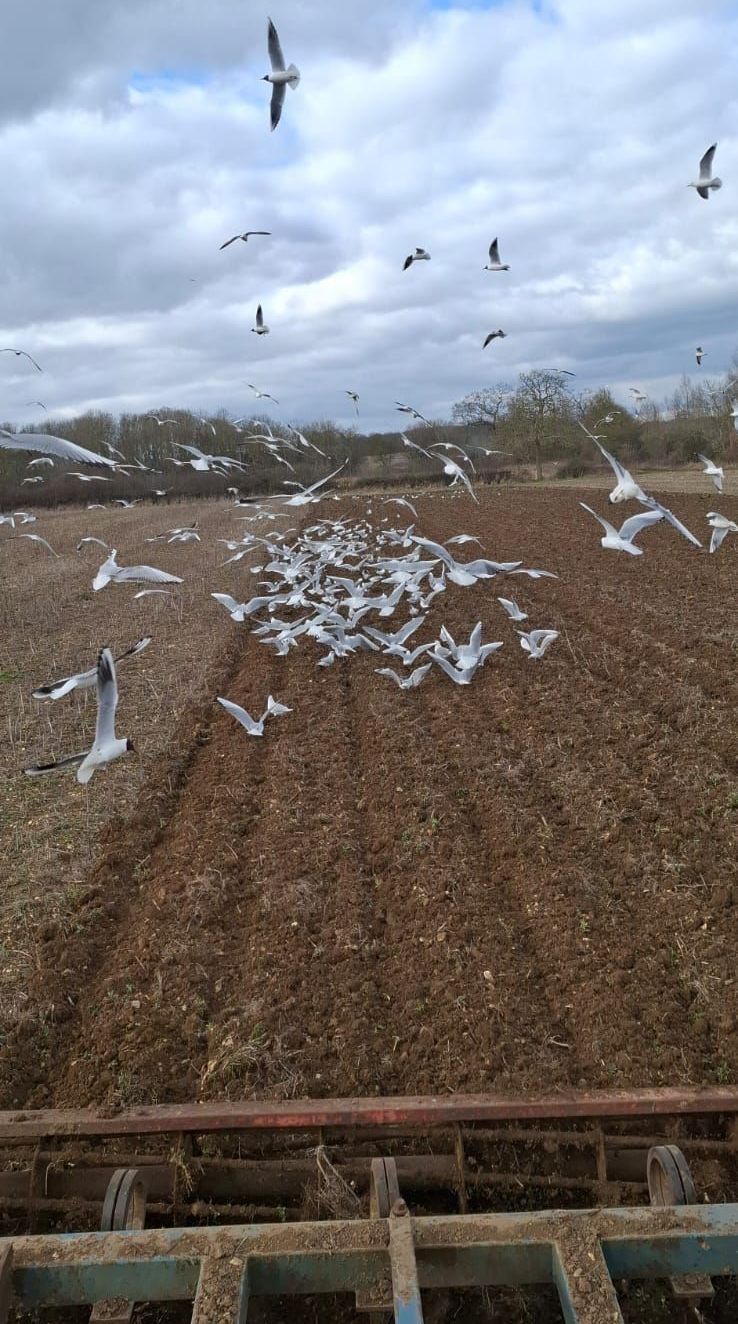
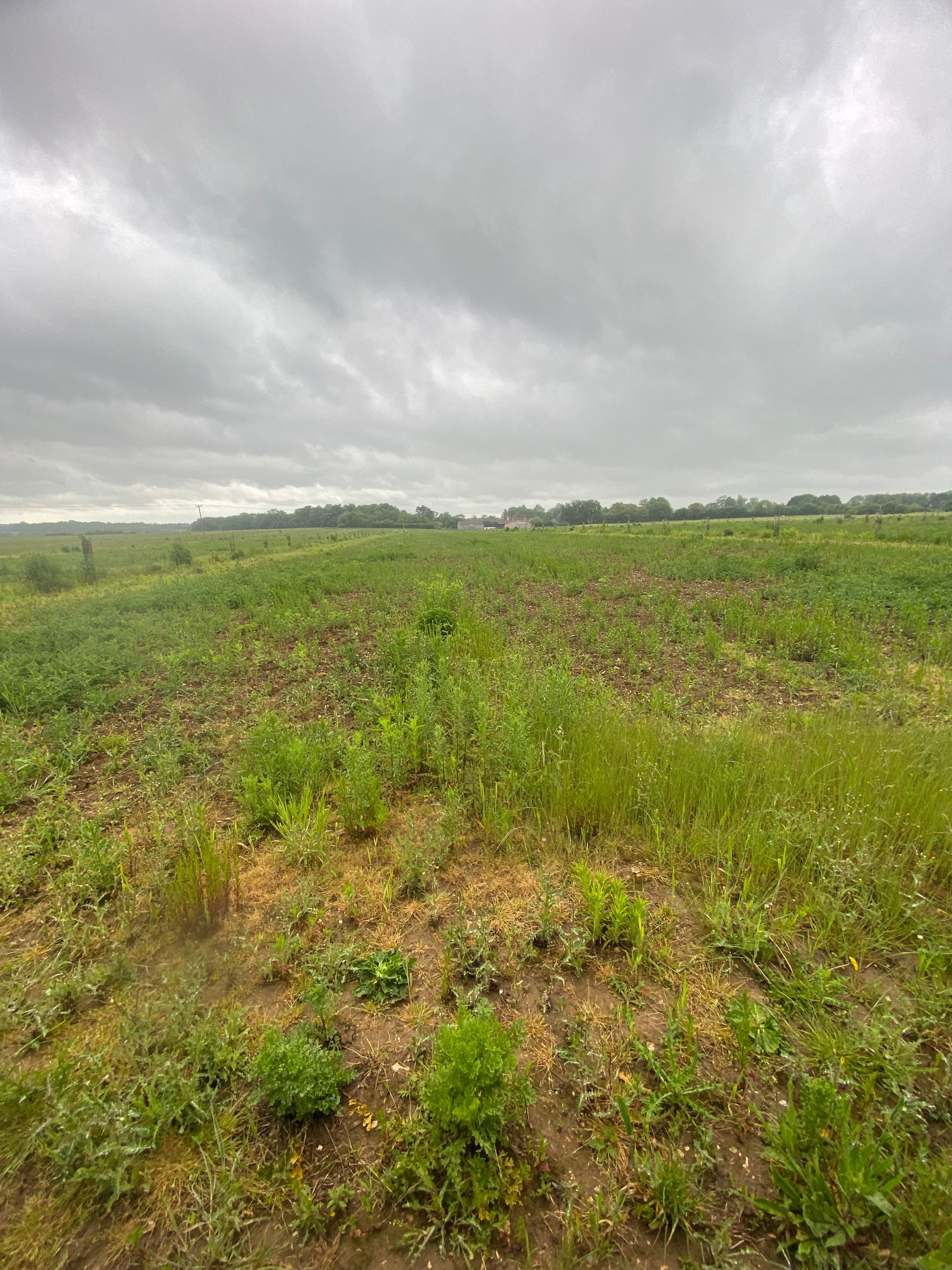
Finally, Turtle doves need water and so the plethora of pond restoration projects across the Estate, thanks to the District Licensing Scheme, along with the beaver created wetlands, are now starting to provide a plentiful water supply during the summer months. This is particularly important in such a dry county such as Essex where the land is in water deficit for several months each year.
With all of these key habitats starting to establish across the Estate, I am feeling quietly optimistic that before I have too many more summers at Spains Hall, I will hear my first Turtle Dove return!
In case anyone is wondering, without the distraction of the Frinton-on-sea Corn Buntings, I did win my second league tennis match last week, which also makes me feel a bit more optimistic about my future tennis career – Wimbledon Seniors here I come!
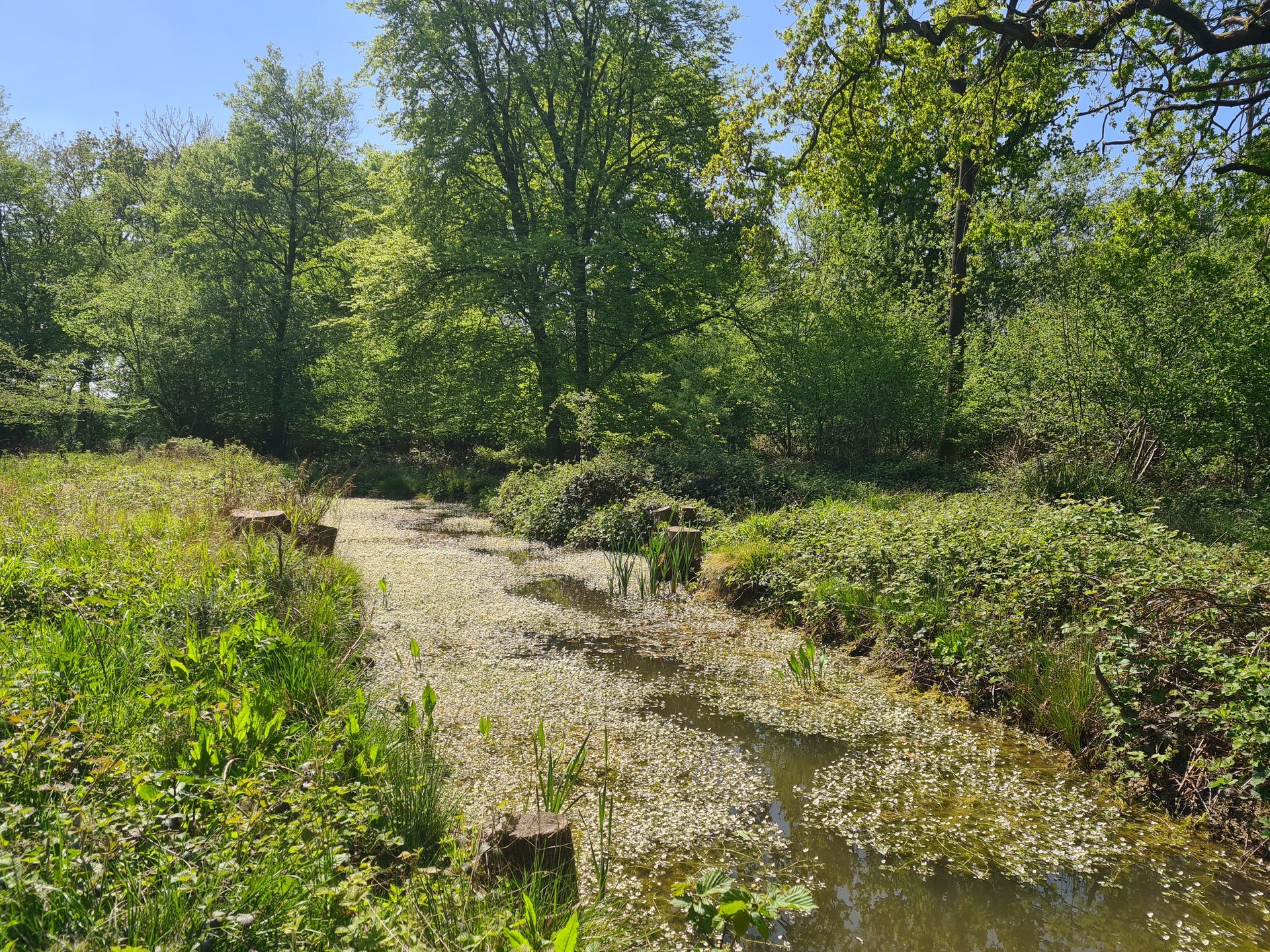
Latest news
